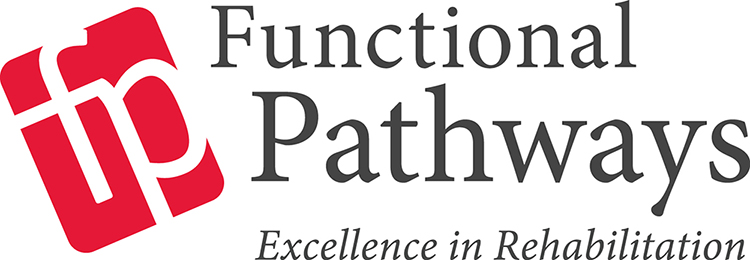Currently, more than two million Americans have heart failure and about 700 thousand new cases are diagnosed each year. The five year survival rate is approximately 50%, but varies depending on the cause of heart failure and the ability of people to manage their illness and improve their lifestyles. Many hospitalizations for heart failure can be prevented with early intervention that includes education, wellness, regular exercise as well as appropriate medical management. Long term care re-admissions can be reduced when a thorough process is in place that monitors symptoms and changes in condition, provides rehabilitative therapy and trains the entire care team to follow a specific cardiac protocol when delivering medical care. Cardiac events can be life threatening and have lifelong consequences that require rethinking nutrition, menu planning, meal preparation, individual exercise programs, wellness and life style changes, education in disease process, and medication management. Therapy and rehabilitation is a crucial component of early recovery when recuperating from a cardiac event. It is however, a key component to a stronger more lasting recovery. Working with a skilled, licensed therapist, cardiac patients can regain strength and increase functional independence with increase safety and longer lasting results.
Physical Therapy will evaluate the resident’s physical condition and mobility and then develop
an individualized treatment plan that addresses overall cardiac fitness, independent mobility,
flexibility, strength and endurance. Exercises are implemented that are safe for the resident’s
cardiac status, provide appropriate monitoring during therapeutic treatment sessions and
education in activities to maintain wellness.
Occupational Therapy will evaluate the resident’s ability to perform self-care tasks to maintain
maximum functional independence, dignity and a satisfying lifestyle. The focus is on adapting
positively to lifestyle changes in self-care, modification of everyday tasks, utilizing compensatory
strategies such as energy conservation and work/task simplification, employing coping
strategies for stress management and providing education.
Speech Therapy may evaluate the resident‘s swallowing and cognitive/communication status
if these deficits are related to the cardiac event. The therapist can provide skilled strategies to
improve swallow safety, problem solving and ability to process information as it relates to
safety and functional task performance.
The collective goals of the care team in a strong cardiac recovery program include maximizing functional independence through rehabilitation, closely monitoring the medical process of recovery through appropriate physical monitoring, following a facility wide protocol to enhance safety, decreasing hospital admissions, accelerating the recovery process for return home, providing resident education and comprehensive discharge planning.

Comments (0)